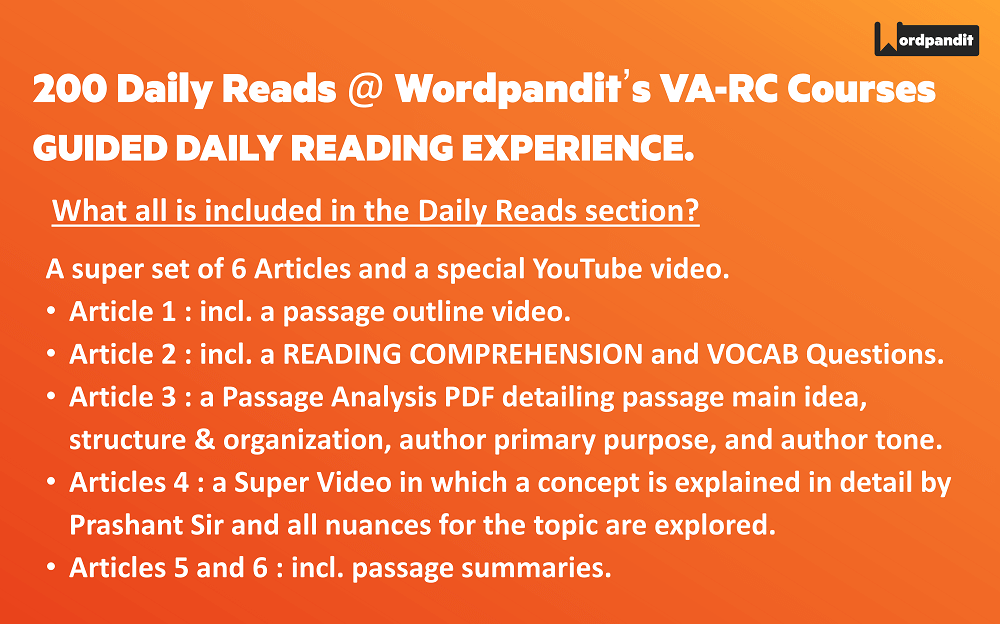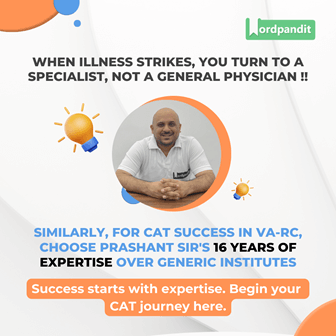Article Title: How Responsible are Killers with Brain Damage?
Article Summary
This article focuses on the cases of Killer Criminal Behavior after Brain Injury and raises questions about the Neuroscience of Free Will. The author starts with the case of Charles Whitman, who had a great life, but one day murdered 16 people including his own wife and mother. His Autopsy shows that he had a tumor pressing the region which controls emotion and behaviour, thus leading us to the question of whether these lesions (tumor) can lead to criminal behavior and lack of free will.
According to a study, there were 17 known cases of this same kind where the accused had lesions but they were found in different regions of the brain. But these lesions however displaced are the part of the same circuit (brain). Earlier this “ Criminality – associated network “ was associated with moral decision-making. The two specific areas of moral psychology are THEORY OF MIND which refers to the capacity to understand other person’s view point, feelings and emotions and secondly VALUE BASED DECISION MAKING which refers to judge the value of specific actions or their consequences.
The letters written by Charles Whitman on the eve of his killing spree provide an insight into when the brain looses the ability to distinguish between good, bad and other people. Thus leading to confusion that if their action was cased by brain damage, where they acting on their own will. The author emphasises that free will requires certain connections with our brains and our actions.
The author concludes that the specific components of moral psychology disrupted by lesions in the criminality-associated network may indeed interfere with these abilities , thus they possess only a diminished form of free will. Criminal Behavior is also impacted by genetics, low self esteem and other such factors and emphasises that human behavior is complex and a brain lesion is neither necessary nor sufficient for criminal behavior . The fact that violence can be a symptom of brain disease shows not that free will is an illusion, but that free will can be injured just like other human abilities.
Article Link: Click here to read the full article
Words to Learn from this article:
Autopsy: a post-mortem examination to discover the cause of death
Cognitive: the mental action or process of acquiring knowledge and understanding thought,experience, and the senses.
Spree: a spell or sustained period of unrestrained activity of a particular kind.
Sophisticated: developed to a high degree of complexity.
Dysfunction: abnormality or impairment in the operation of a System
Want more Daily Reads? Explore here:










